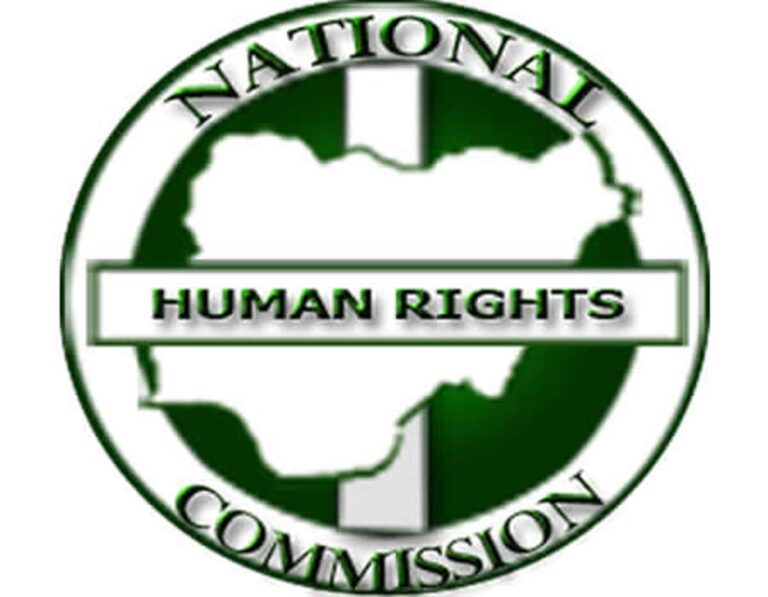The Executive Secretary of National Human Rights Commission (NHRC), Mr. Tony Ojukwu, SAN, has identified poverty as one of the barriers to enjoyment of human rights.
Ojukwu stated this in a statement in Abuja on Wednesday to commemorate the International Day for Eradication of Poverty.
The day is commemorated annually on Oct. 17 to promote understanding and dialogue between people living in poverty and the wider society.
The theme for this year’s event is: “Decent Work and Social Protection: Putting dignity in practice for all.”
Ojukwu called on government and relevant stakeholders to join hands to eradicate poverty in the country.
“Poverty is a significant barrier that hampers the realization of fundamental human rights, such as the rights to adequate standard of living, health and education, among others.
“Poverty continues to be a pervasive issue in Nigeria, affecting a substantial portion of the population.
“Poverty limits individuals’ access to basic necessities of life which are essential components of the rights guaranteed by the Universal Declaration of Human Rights,” he said.
Accordng to Ojukwu , addressing poverty is a fundamental aspect of the human rights agenda and concerted efforts are required at all levels of government to alleviate its effects on the citizens.
Ojukwu noted that the recent removal of petroleum subsidy in Nigeria had added a significant burden to the common man.
” The commission recognises that the removal of fuel subsidy is a complex and challenging economic decision, but it has had a detrimental effect on the lives of many Nigerians.
Related Articles
” The removal of fuel subsidy has led to a sharp increase in the cost of living, including transportation and food prices.
” This has resulted in financial strain and has reduced the ability of individuals and families to access basic services,” he said.
Ojukwu said the commission acknowledges the need for economic reforms and called upon the government to consider the human rights implications of such decisions, adding that they should not disproportionately affect the most vulnerable in our society.
He further called for more comprehensive social safety nets to be urgently put in place to mitigate the immediate impacts of the subsidy removal on the common man.
“The government must also intensify efforts in implementing programs that alleviate poverty and ensure that the basic human rights of every Nigerian are upheld.
“The commission urges the government to prioritise and implement policies that directly address poverty, ensuring that the most vulnerable in the society are protected and supported.
” We also called on the government to ensure that further economic reforms, take into account the potential human right impacts and work to mitigate adverse effects on the common man,” he stated.
Ojukwu reiterated that the commission under his watch will remain committed to monitoring the human rights situation in Nigeria.
He assured to work with stakeholders to protect and promote the fundamental rights and dignity of every person.
“Poverty and its impacts on human rights are issues of utmost concern, and the NHRC stands ready to advocate for the rights of every person living in Nigeria.
“Governmental massive investments on transport and road infrastructure, food production and industrialisation will provide lasting solutions to the poverty effects of fuel subsidy removal,” he said.








